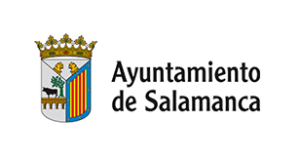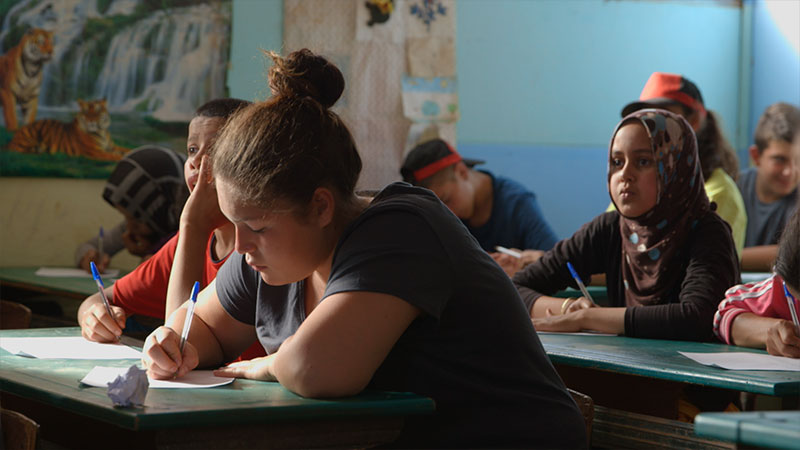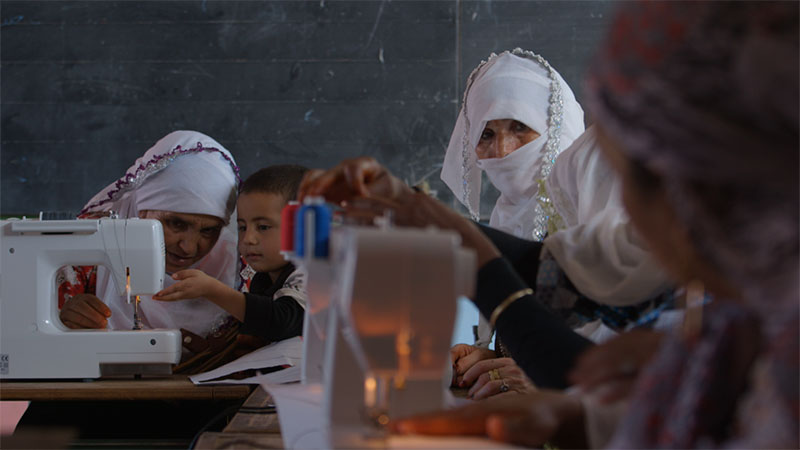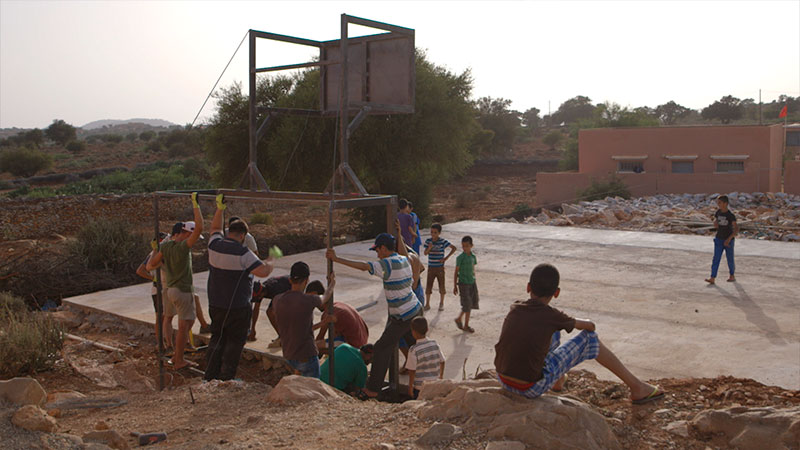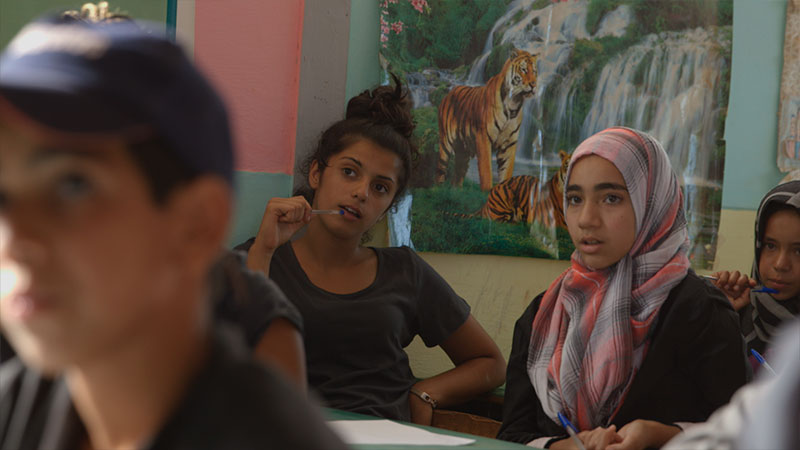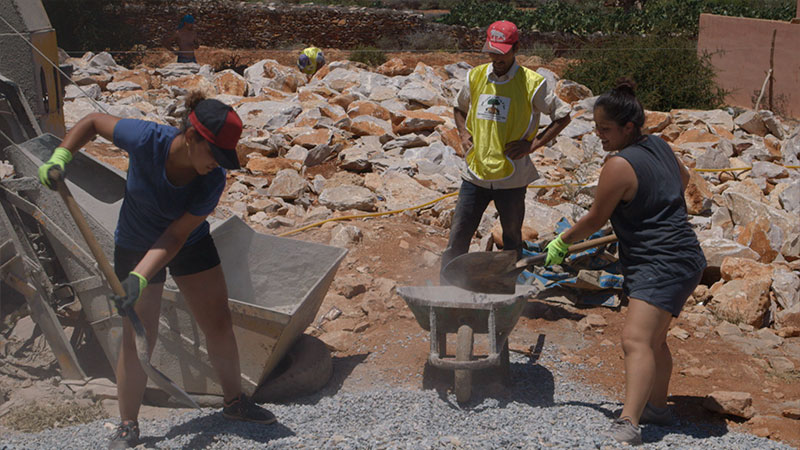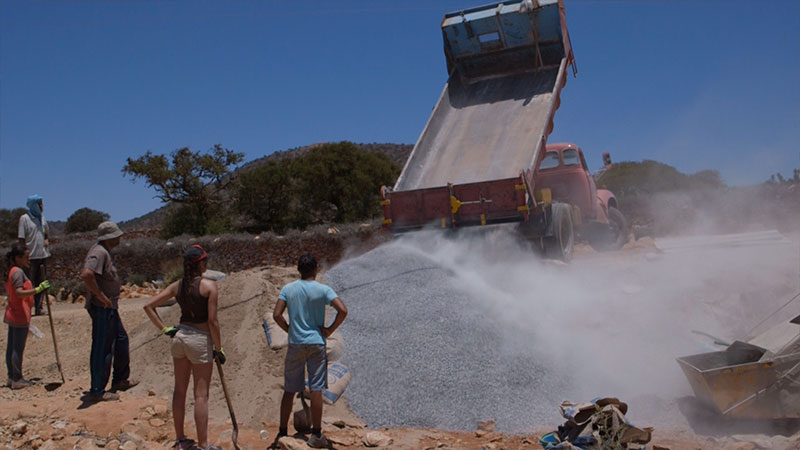El proyecto “Llenando Escuelas” va destinado a contribuir en el desarrollo personal, educativo y profesional de los chicos/as de la Casa Escuela Santiago Uno y al fortalecimiento de la población bereber en materia de educación y servicios básicos. Pretende ser un espacio de convivencia e intercambio cultural, donde el respeto es el eje transversal.
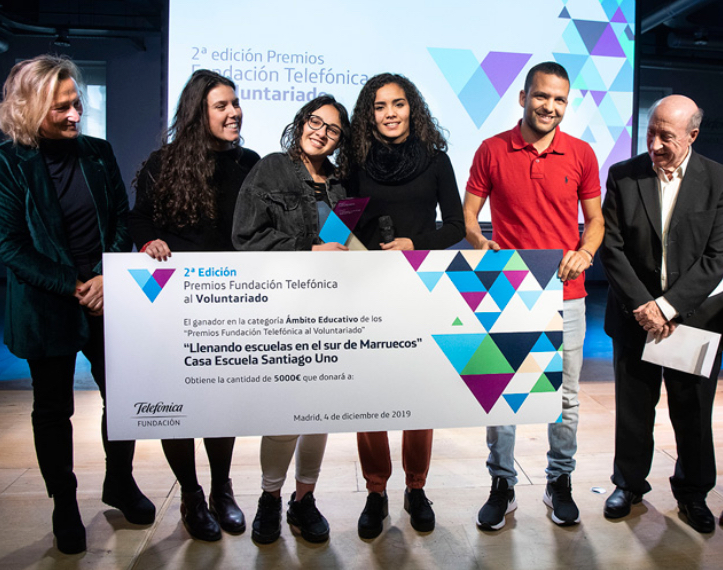
Nuestro proyecto ha sido ganador del II Premio Voluntariado Social de la Fundación Telefónica, que pretende identificar y difundir las mejores iniciativas del voluntario en España.
El Proyecto “Llenando Escuelas” se lleva a cabo en poblados rurales bereberes ubicados en la región de Souss-Massa-Draa, la segunda región más pobre de Marruecos. Según el Índice de Pobreza Multidimensional, las áreas rurales del país alcanzan niveles de pobreza equiparables a los de algunos países de África Subsahariana.
El clima es muy seco y con escasas lluvias lo que lo hace especialmente caluroso en los meses de verano. Los poblados en los que se asienta la población bereber son zonas de difícil acceso, con ausencia de carreteras y medios de transporte públicos. A esto se suma que casi la totalidad de la población carece de vehículo propio o de hacerlo es insuficiente (burro, bicicleta, motocicleta) por lo que prácticamente viven incomunicados, lejos de los servicios públicos, entre ellos de los centros de salud.
La población se dedica fundamentalmente a la agricultura y la ganadería de autoabastecimiento. Entre los cultivos se puede destacar el árbol de Argán cuya semilla se emplea en la laboriosa tarea de producción de aceite y cosméticos. Las familias no tienen ingresos fijos y en muchas ocasiones los hombres abandonan temporalmente el hogar para trabajar de manera “nómada”. Realizan pequeños trabajos artesanales y de albañilería en los que la remuneración percibida suele ser en especie o mediante trueque. Las mujeres se dedican principalmente a las tareas del hogar y en algunos casos a la elaboración del aceite de Argán.
El abandono escolar es un hecho frecuente, sobre todo en el caso de las niñas, que dejan la escuela a edades tempranas para dedicarse a las labores del hogar. Esta situación deriva, entre otras cosas, de la falta de infraestructuras para llegar hasta los colegios de educación secundaria y de la falta de recursos económicos que obliga a los menores a buscar un empleo desde bien jóvenes. Entre los adultos, además, existe una tasa considerable de analfabetismo.
Los principales objetivos del mismo son:
COLABORAN
